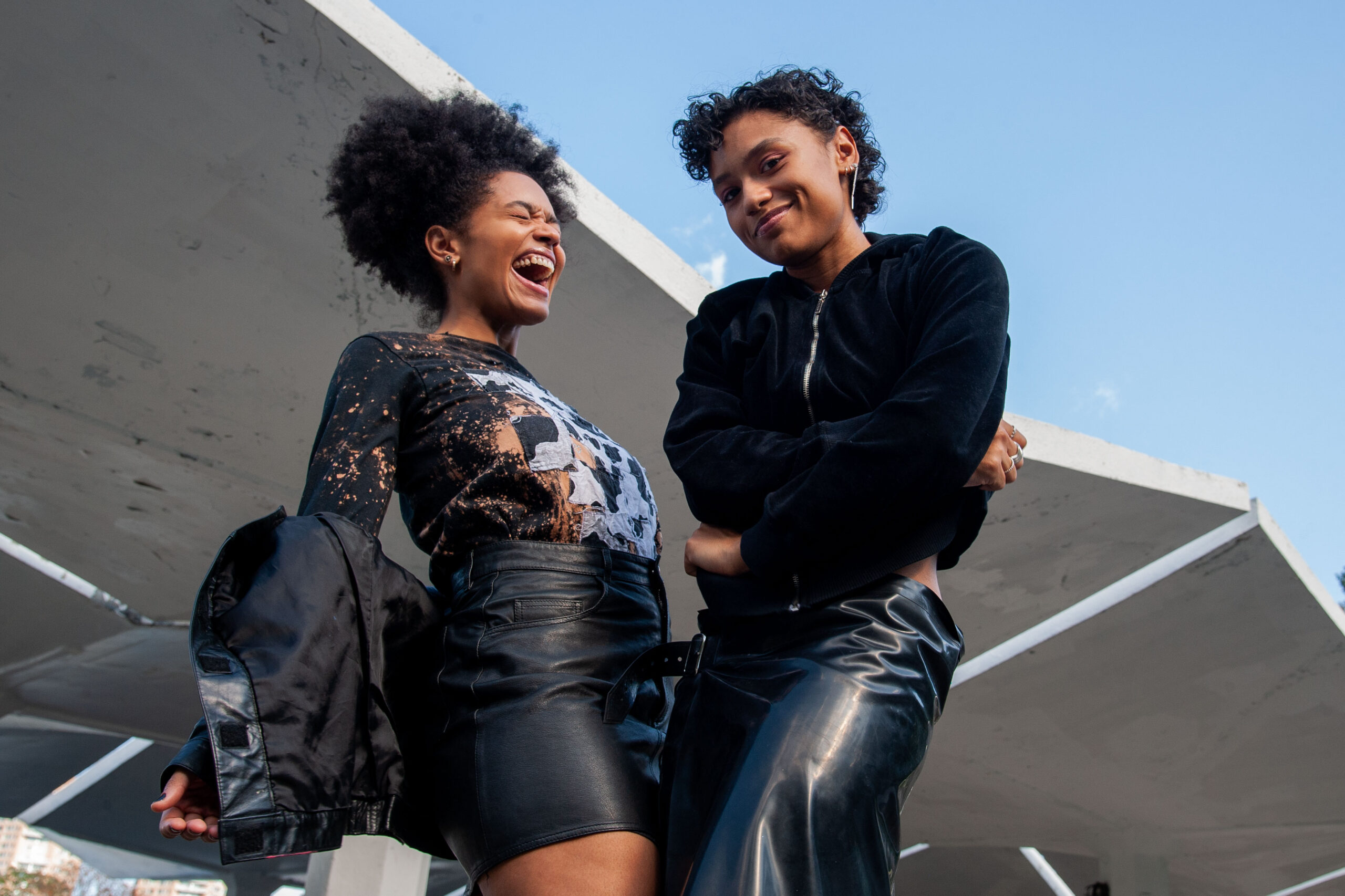Afrofuturism is a creative movement centering futuristic and science fiction themes alongside Black history and culture. It appreciates our eclectic Black community. It also makes space for us weird ones in a nearby future, sharing a range of Blackness that is often overlooked.
But Afrofuturism doesn’t always look like Nichelle Nichols in Star Trek…or LeVar Burton in Star Trek…or Zoe Saldana in Star Trek—Solange, Janelle Monae, and even Rihanna have brought elements of Afrofuturism into their work. (They’ve all had ICONIC cyborg moments, to say the least.) When Ava Duvernay made A Wrinkle in Time, that was Afrofuturism. Octavia Butler? Afrofuturist icon. Basquiat? Yeah, him too.
But let’s think even more expansively. Afrofuturism can also look like the leaders of the revolution in your community—those working for a better future for Black people. I’d classify student activists as participators in Afrofuturism, as well as students who choose to go to HBCU’s, or Black students studying in the engineering field hoping to work for NASA one day. Afrofuturism has space for every Black person who wants in. Instagram artists and SoundCloud rappers are more than welcome, too. And YouTubers and TikTokers and Redditors and Twitchers, if they take on the mantle of Afrofuturism it’s theirs to take.
There is a shift in the appreciation of mythologies, magical realism, and mysticism happening within the Black community, especially among Gen Zers and Millennials. Maybe because it’s not as dangerous to explore the realm of a fantasy landscape as it once was. Or Black space voyagers. Or Black heroes and warriors. And I know for a fact that with each passing year, Black folks are safer and more free to be visionaries than we’ve ever been.
Envisioning a space for Black people in the future shouldn’t be radical, but it is. A space for Black people in the arts and technology shouldn’t be radical, but here we are. Black people are visionaries, eager to see our individual ambition echoed in art and culture. It’s the reason Black Panther was the highest-grossing movie of 2018. Images of a Black future matter.
Afrofuturism is carving out space for us and giving us hope. The future isn’t just bright; it’s Black, too.

